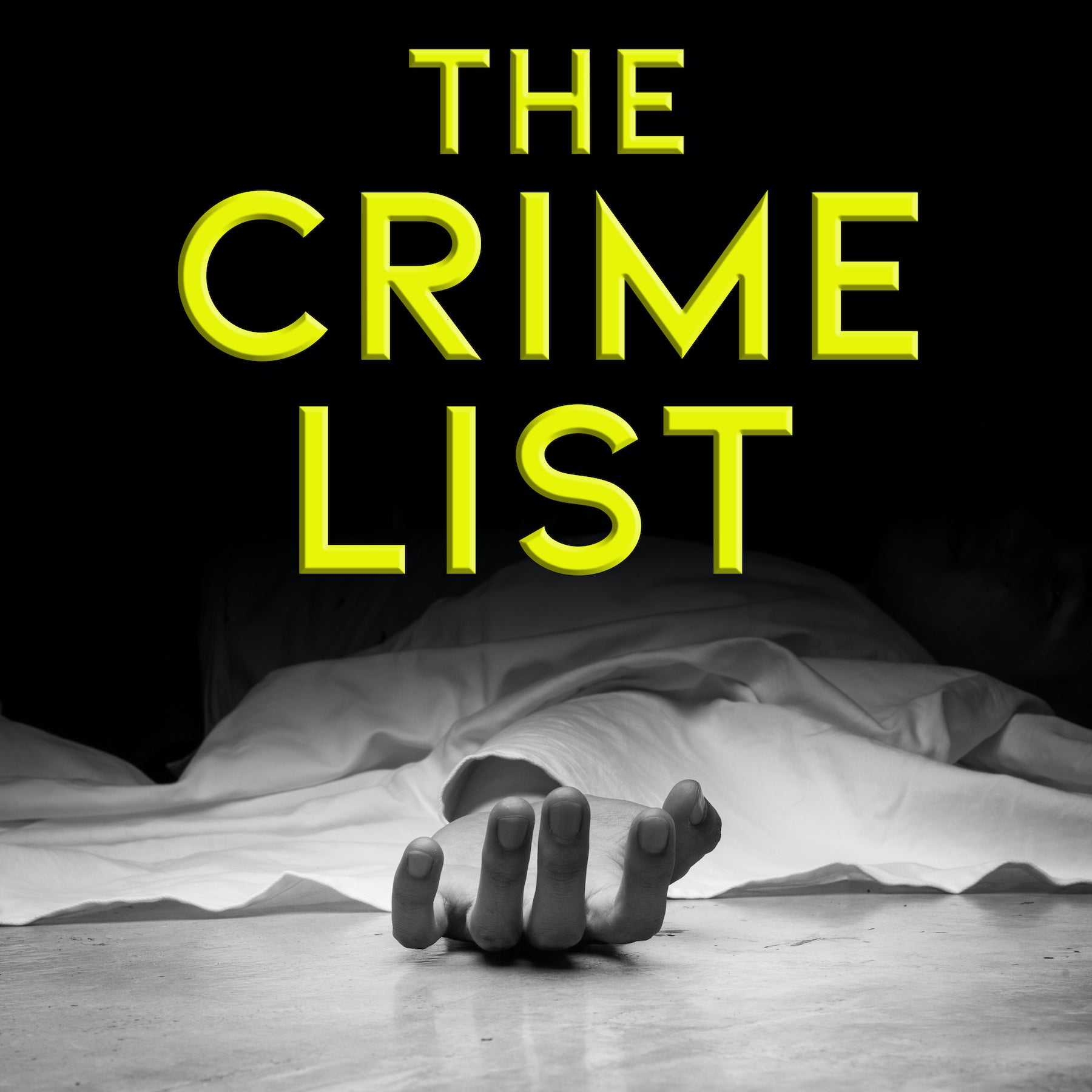
5 Tips for Writing Your Logline
A logline is a summary of your story. It conveys the dramatic story - condensed into one sentence. The logline is not the same as the film’s tagline, which is a catchy, short-phrase or slogan used by film studios to market a movie.
The logline effectively communicates the concept and the central problem that the main character needs to resolve.
Logline Examples
- In 13th century Scotland, a common man becomes a legend when he leads an uprising to overthrow English rule and gain Scottish freedom.” (Braveheart)
- “Three police officers unravel the truth behind the ‘random’ murder of a corrupt policeman and expose the political and judicial depravity of 1950’s Hollywood.” (L.A. Confidential)
Why do you need a logline?
- Creating a logline is a crucial first step in planning your story. The logline is a tool you can use when writing and revising your story to keep you focused.
- You will need a logline to sell your story to "Hollywood".
Five Tips for Writing Your Logline:
-
Establish the Main Character
Who is the protagonist - an ex-cop, a gunslinger, an Irish mobster, a super-hero? -
State the Main Character’s Need or Goal
What does your main character want – to get revenge, to find the truth, to repair his image, to track a bail-jumper, to free his people from tyranny? -
Provide a Promise of Conflict
What obstacles does your protagonist face in achieving his goal – corrupt law enforcement, another bounty hunter, the FBI and the mob, English military rule, his own character flaw? -
Stimulate Interest with a Hook
What is unique about the story – a super-hero that’s an alcoholic, a mobster on-the-road with his young son? -
Convey All Relevant Information
A studio executive who has not read your story should be able to read your logline and fully understand the concept without any additional information. Do not include character intricacies, sub-plots, or specific scenes.
Now go write your logline!










